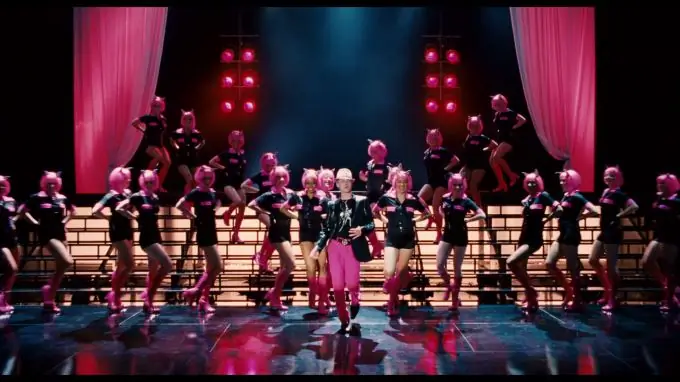Musical is a very popular genre of not only professional but also amateur theater. Its main advantage is that the production acquires scale and dynamism even without the presence of a professional cast.

Instructions
Step 1
Create a "generic" wireframe for the musical. When writing scripts for any performances, one should adhere to the rule of "collective authorship": it is imperative that everyone create together. Even if this is an author's project, and one person is able to be both a choreographer, and responsible for vocals, and a decorator, it is still worth discussing the project with all its participants. Perhaps someone will develop the director's ideas, someone will bring their own, and someone will offer something radically different. However, despite the collectivity, there must be a single author who will combine the approved ideas and draw up the final version.
Step 2
Be varied. Even if you want to stage a full-fledged musical, two hours or more long, in no case do not include two similar numbers in it. There are a lot of options, do not think that you have used everything: choral singing; solo; vocals combined with dance; acrobatic numbers or original genre. Any repetition, if it does not perfectly fit into the structure of the production, will create the feeling that you are artificially lengthening the duration.
Step 3
Do not use your own compositions if you are not sure of their quality. Take, which has become quite popular, the musical "Hipsters", as an example: even in a project of this level, not all the songs were absolutely original, and there is nothing wrong with that. As long as you do not abuse such borrowings, they will only go "plus" for your production.
Step 4
Don't waste time with general rehearsals. A musical is such a complex and delicate dish that it is best not to mix the ingredients ahead of time. The performance is in any case discrete in its structure, and each number is relatively independent. Therefore, one or two general rehearsals are enough closer to the premiere - and even then, they will become more stressful for the director and costume designers than for collectives. Of course, you shouldn't let everything go by itself, and you should regularly monitor the progress of each performance, but for the entire musical as a whole, 3 dress rehearsals are enough (of course, depending on the scale of the project, this number may be higher).






